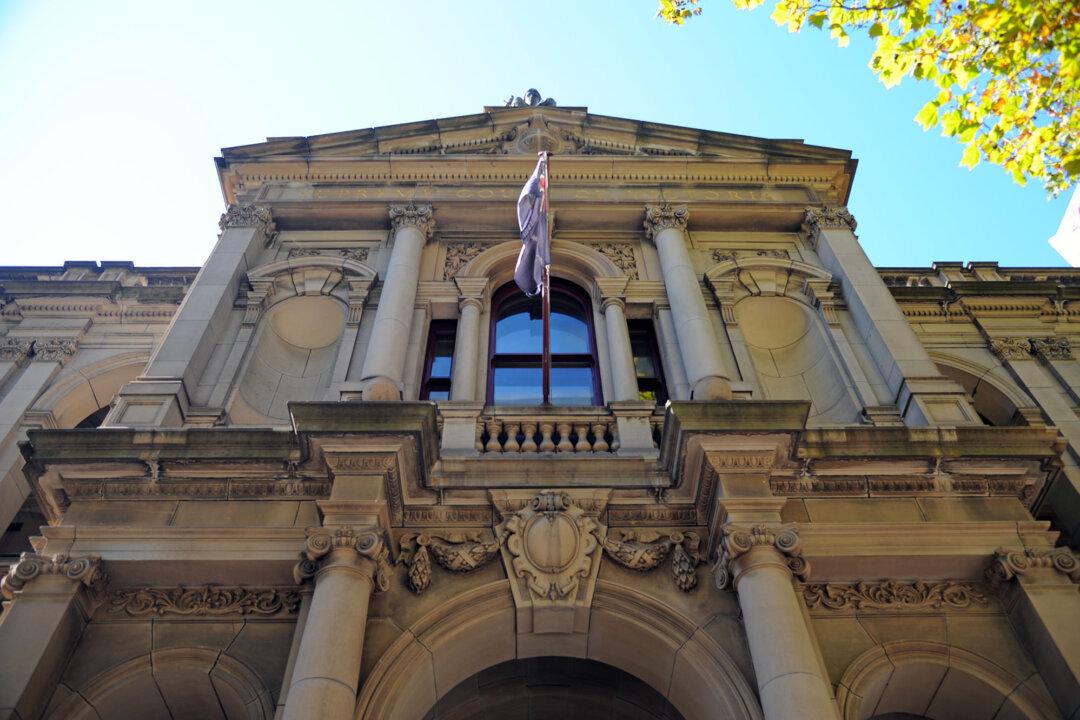Victorian lawyers who have concerns with the Victorian Bar’s vote to have a position on the upcoming Indigenous Voice referendum say the process interferes with the democratic process.
This follows concerns from a Victorian barrister who has said that lawyers who publicly oppose the Voice risk damaging their careers.





